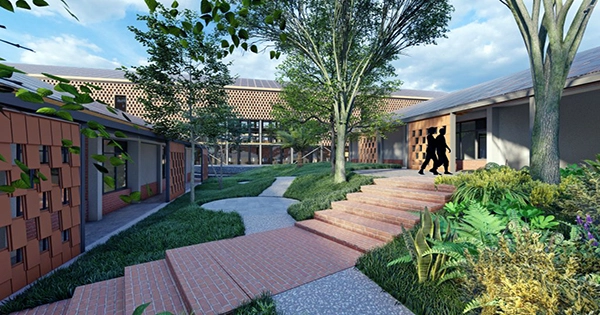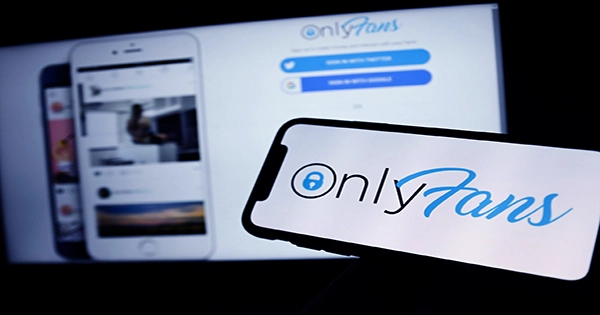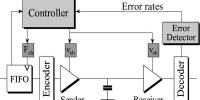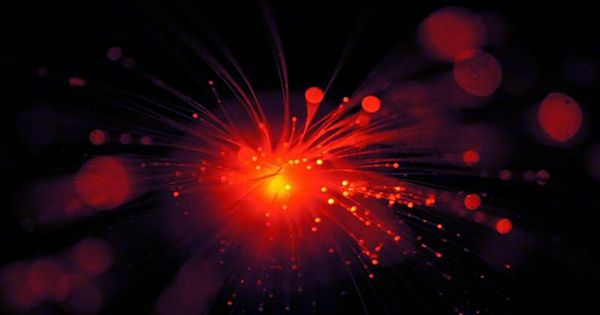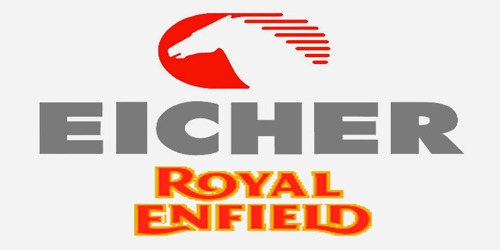Norrsken Foundation, a Swedish coworking space and investment fund, announced the opening of its first entrepreneurship centre outside of Sweden in Rwanda in 2019. The center, which is located in Kigali, has finally opened its doors to the region, however in two stages. The first event, which took place yesterday, expected to attract 250 entrepreneurs. The company confirmed to TechCrunch that the second phase aims to bring over 750 new entrepreneurs to the Norrsken House in Kigali by December 2022.
“We have huge demand that we can meet to become Africa’s largest physical hub for entrepreneurs,” said Pascal Murasira, managing director of Norrsken East Africa. “We believe Kigali is on the verge of becoming one of Africa’s premiers IT and startup clusters, and we want to help speed up that process.” According to creator Niklas Adalberth, the Klarna co-founder who departed the unicorn fintech in 2016, the Kigali center is the first of 25 hubs the Norrsken Foundation aims to construct globally over the next decade.
The foundation describes itself as “nonprofit, nonpartisan, and nonpolitical,” with a goal of assisting entrepreneurs in addressing the “world’s greatest concerns.” Norrsken also conducts an impact accelerator program and a €130 million impact VC fund in addition to its coworking location in Stockholm. In Africa, the foundation maintains an Africa-focused seed fund in addition to Norrsken House in Kigali. Norrsken did not provide an update on its fund size this time, despite stating in 2019 that its seed investments ranged from $25,000 to $100,000, with intentions to make later-stage investments ranging from $100,000 to $1 million.
The group only said that it has made a few investments in Rwandan enterprises, the most recent of which were Viebeg Technology and PesaChoice. Despite the fact that the pandemic played a significant influence in the project’s delays, Norrsken claimed it is still on track to complete it by the end of 2019. “We approach the launch of Norrsken House in the same manner we approach the launch of a product.”You get it out there before it’s ready to involve users and receive feedback on how to improve it,” a spokesperson for the firm explained. “We don’t know everything, and we need our users to help us design the final product.” Throughout the first half of 2022, construction will proceed and activities will gradually begin.”
But why is Norrsken continuing with the project when the pandemic is causing global alterations in how we work and communicate from offline to remote? It all comes down to a proven truth, according to Adalberth, that offline clusters aid in the creation of billion-dollar businesses. Unicorns have appeared in cluster cities around the world that have advanced economically, technologically, innovatively, and in real estate: think Silicon Valley, London, Stockholm, Beijing, Bengaluru, So Paulo, and Lagos.
The founder of the Norrsken House in Stockholm and Kigali intends to emulate this approach. He believes Norrsken may use the center to construct microcosms of these ecosystems. Norrsken hopes to generate “impact unicorns” by bringing together 1,000 entrepreneurs who are tackling genuine societal challenges with their company ideas and linking them to finance, network, and mentorship. However, unlike Stockholm, which known as Europe’s unicorn factory, Kigali does not yet have a well-known big-name startup. Despite having a thriving startup and innovation scene, it trails other African cities such as Lagos, Nairobi, Cairo, Cape Town, and Johannesburg in terms of VC funding.
Despite this, Norrsken picked Kigali as its first African headquarters due to Rwanda’s advantages in terms of business environment, internet penetration, and infrastructure. I believe we chose Kigali for a variety of reasons. One is that we believed we could have the greatest impact in Kigali,” Adalberth explained. “Also, according to the World Bank, Kigali is one of the easiest countries in Africa to do business in.”
It has also developed infrastructure in terms of internet, traffic, and other aspects. So it’s a good prerequisite for making unicorns, and the final ingredient that was missing is what the Norrsken House is attempting to provide now.” In the first phase, PesaChoice, SPENN, Fixa, BioMassters, and ZoraBots will move into the Norrsken House, according to Murasira. Other tenants include Katapult VC, The Bestseller Foundation, The Howard Buffett Foundation, and the Novartis Foundation, which based at the complex and houses its East Africa health tech hub and accelerator program.
